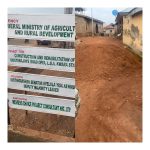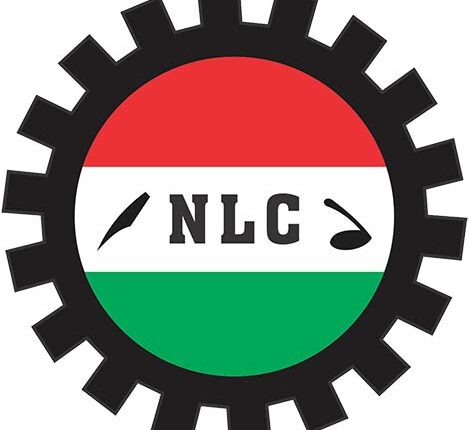In a time when the cost of higher education is soaring, the harbinger brings you an in-depth interview with Dr. emily kingston, an eminent expert in the field of education. The interview delves into the concerning hike in school fees within tertiary institutions, shedding light on the causes, consequences, and potential solutions to this pressing issue.
The Harbinger: Today, we are in conversation with Dr. Emily Kingston, an esteemed education expert, to discuss the concerning hike in school fees within tertiary institutions. Welcome, Dr. Kingston.
Dr. Kingston: Thank you for having me. It’s a pleasure to be here and discuss this important issue.
The Harbinger: To start, could you provide some context on the recent surge in school fees in tertiary institutions?
Dr. Kingston: Certainly. The increase in school fees in tertiary institutions has become a pressing concern in recent years. Various factors, such as inflation, reduced government funding, and increased operating costs, have contributed to this surge. Additionally, the expansion of facilities and the demand for quality education have also played a significant role.
The Harbinger: How have these rising fees impacted students and their families?
Dr. Kingston: The impact on students and their families has been substantial. Many students are struggling to afford higher education, leading to increased student loan debt. It’s not uncommon for families to make significant financial sacrifices or for students to take on part-time jobs, which can affect their academic performance and overall well-being.
The Harbinger: Are there potential consequences for society as a whole?
Dr. Kingston: Yes, there are broader consequences. Higher education is essential for economic growth and social mobility. When school fees become a barrier, it can limit access to education, perpetuate inequality, and hinder a country’s overall development. Moreover, it may discourage individuals from pursuing careers in critical fields such as STEM, healthcare, or education.
The Harbinger: What can be done to address this issue?
Dr. Kingston: Several steps can be taken. Governments should increase funding for higher education to alleviate the financial burden on students and families. Institutions can explore cost-saving measures and prioritize financial aid programs. Additionally, fostering public-private partnerships and offering more online courses can help reduce costs.
The Harbinger: Lastly, what advice would you give to students and families facing these challenges?
Dr. Kingston: It’s important for students and families to explore scholarship opportunities, consider community colleges or online education for more affordable options, and engage in financial planning early on. They should also advocate for fair and accessible higher education with their local representatives.
The Harbinger: Thank you, Dr. Kingston, for shedding light on this crucial issue. We appreciate your insights and the steps you’ve outlined to address the rising tide of school fees in tertiary institutions.
Dr. Kingston: My pleasure. It’s vital that we continue the conversation and work towards more equitable access to quality education. Thank you for having me.













